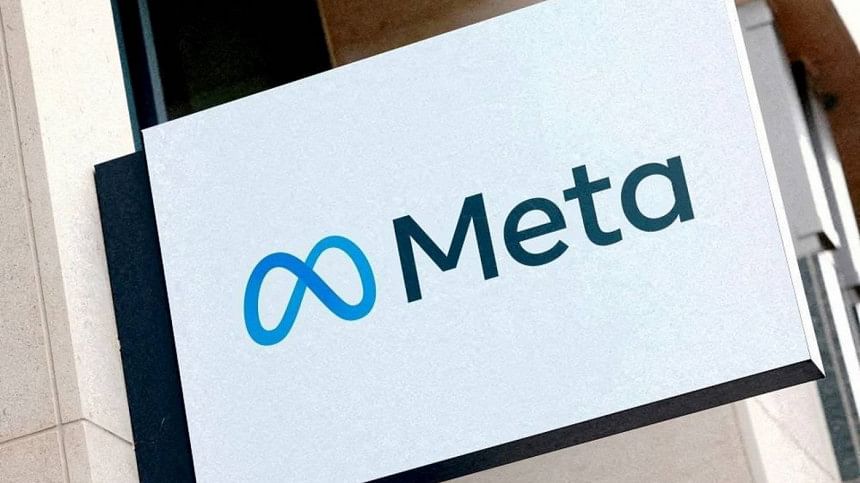Meta resumes use of facial recognition technology

Meta, the parent company of Facebook, is resuming the use of facial recognition technology, three years after initially halting the practice. The move is part of a new strategy aimed at combating "celeb bait" scams that have increasingly targeted public figures. This effort, announced on Tuesday, comes after Meta discontinued facial recognition in 2021 amid rising privacy concerns and regulatory pressure.
The new programme involves a trial where the profile photos of about 50,000 public figures will be compared automatically with images used in potentially fraudulent advertisements on Facebook. Meta will block any adverts that it identifies as scams through this process. Celebrities included in the trial will be notified and given the option to opt out, according to the company.
Monika Bickert, Meta's vice president of content policy, explained that the company has recognised the need to protect public figures, many of whom have had their likenesses used in scam advertisements. "The idea here is to roll out as much protection as we can for them," Bickert said, adding that while participation is optional, Meta aims to make the process easy for the celebrities involved.
This latest development is part of Meta's effort to find a balance between using potentially invasive technology and addressing increasing regulatory concerns over online scams. The trial will be launched globally in December, but it will not cover countries such as the United Kingdom, the European Union, South Korea, and U.S. states like Texas and Illinois, where Meta does not have regulatory clearance.
The introduction of facial recognition technology comes against the backdrop of previous controversies faced by Meta. In 2021, the company deleted over a billion users' face scan data, citing "growing societal concerns." Furthermore, Meta recently agreed to a $1.4 billion settlement with the state of Texas over accusations of illegally collecting biometric data.
The company also continues to face legal challenges regarding its response to celeb bait scams, which often use AI-generated images of famous personalities to promote fraudulent investment schemes.
As part of this new initiative, Meta has assured the public that any facial recognition data generated from comparing profile photos to adverts will be immediately deleted, regardless of whether the system identifies a scam. The company emphasised that this tool underwent a comprehensive internal privacy review and was discussed with regulators and privacy experts before the trial's launch.
In addition to its use in combating celeb bait scams, Meta is exploring the possibility of using facial recognition technology to assist regular Facebook and Instagram users in recovering compromised accounts, such as those locked after a forgotten password or due to hacking attempts.

 For all latest news, follow The Daily Star's Google News channel.
For all latest news, follow The Daily Star's Google News channel. 



Comments